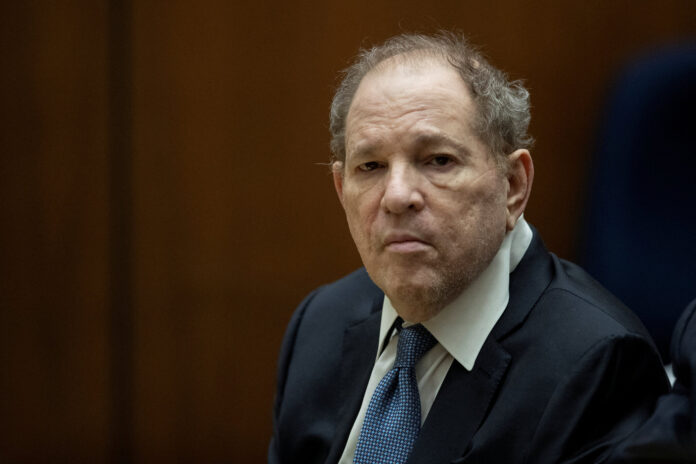In a verdict brimming with tension, emotion, and courtroom drama, a Manhattan jury on Wednesday delivered a mixed decision in Harvey Weinstein’s high-profile retrial — convicting the disgraced film producer of sexually assaulting former “Project Runway” assistant Miriam Haley, acquitting him of assaulting former model Kaja Sokola, and deadlocking on a pivotal rape charge involving actress Jessica Mann.
This partial verdict, handed down after five days of grueling deliberations, has reignited public scrutiny of Weinstein’s legacy and the justice system’s ability to navigate such high-stakes, emotionally charged allegations.
Jury Deliberates Amid Accusations of “Playground Stuff” and Rogue Conduct
The verdict comes after an eight-week trial in Manhattan Supreme Court under Justice Curtis Farber, launched in late April. But the legal fireworks weren’t limited to the evidence presented. Behind closed doors, jury room dynamics exploded, leading to calls for a mistrial from the defense.
“This is my life on the line, and you know what? It’s not fair,” Weinstein pleaded to the judge moments before the verdict, visibly shaken in his wheelchair.
Reports of “shunning,” disrespect, and a toxic deliberation atmosphere were aired openly in court, with two jurors claiming the process had devolved into a kind of “playground” scenario. One juror told the court bluntly, “I can’t go back in there.”
Yet Justice Farber, urging patience and persistence, told the panel, “You have to engage … you cannot tune someone out.” His words ultimately held — at least partially.



